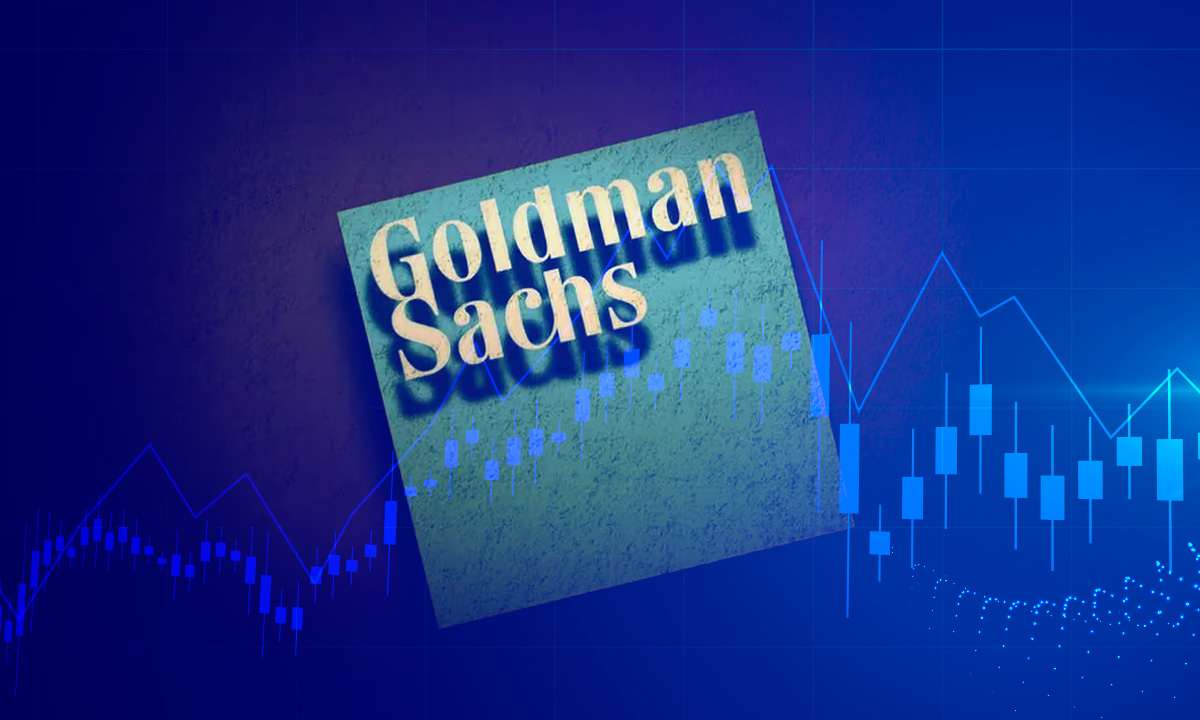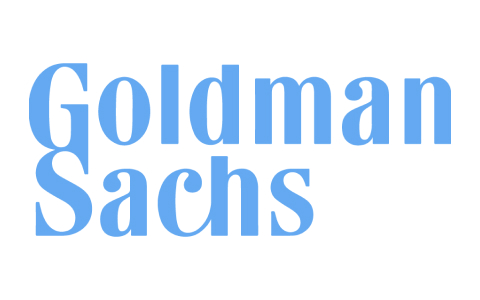Table of Contents
- Goldman Sachs plans digital lending for consumers
- Why Goldman Sachs Went From Investing For The Rich To Targeting ...
- O modelo de seleção de ações do Goldman Sachs desafia as visões ...
- Goldman Sachs offers rare glimpse - The Business Times
- Goldman Sachs, con buen paso en el 1T24
- Goldman Sachs Downs India GDP Growth Forecast From 7.6 To 6.8% ...
- Goldman Sachs | Myra's Academy
- Goldman Sachs Prévoit une Hausse des prix du pétrole
- Goldman Sachs har höjt sitt prismål för S&P 500
- Why Goldman Sachs Went From Investing For The Rich To Targeting ...



The Trump Trade Effect



A Delicate Balance


The bank's strategy is not unique in the financial sector. Many institutions are opting for a cautious approach, preferring to discuss "trade tensions," "protectionist policies," or "global economic uncertainty" rather than explicitly mentioning tariffs. This linguistic dance allows them to acknowledge the challenges posed by the current trade environment without being drawn into the political fray.


Implications for Investors
For investors, the absence of direct references to tariffs in Goldman Sachs' communications does not diminish the importance of understanding the impact of trade policies on their investments. It is crucial for investors to stay informed about the evolving trade landscape and how it may affect different sectors and markets. This includes considering the potential consequences of tariffs, even if they are not explicitly mentioned, and adjusting investment strategies accordingly. In conclusion, Goldman Sachs' avoidance of the word "tariffs" in its discussions about trade tensions reflects the complex and sensitive nature of the current global economic situation. As financial institutions navigate this landscape, they are adopting careful language to provide analysis without taking a political stance. For investors and businesses, understanding the implications of trade policies, including the effects of tariffs, is essential for making informed decisions. By staying abreast of developments and considering the broader context of trade tensions, individuals can better position themselves to respond to the challenges and opportunities that arise in this evolving economic environment.Ultimately, the decision by Goldman Sachs to tread carefully around the term "tariffs" underscores the importance of nuanced communication in the financial sector. As the world watches the unfolding drama of international trade negotiations, one thing is clear: the language used by financial institutions can have a significant impact on market perceptions and investor confidence.